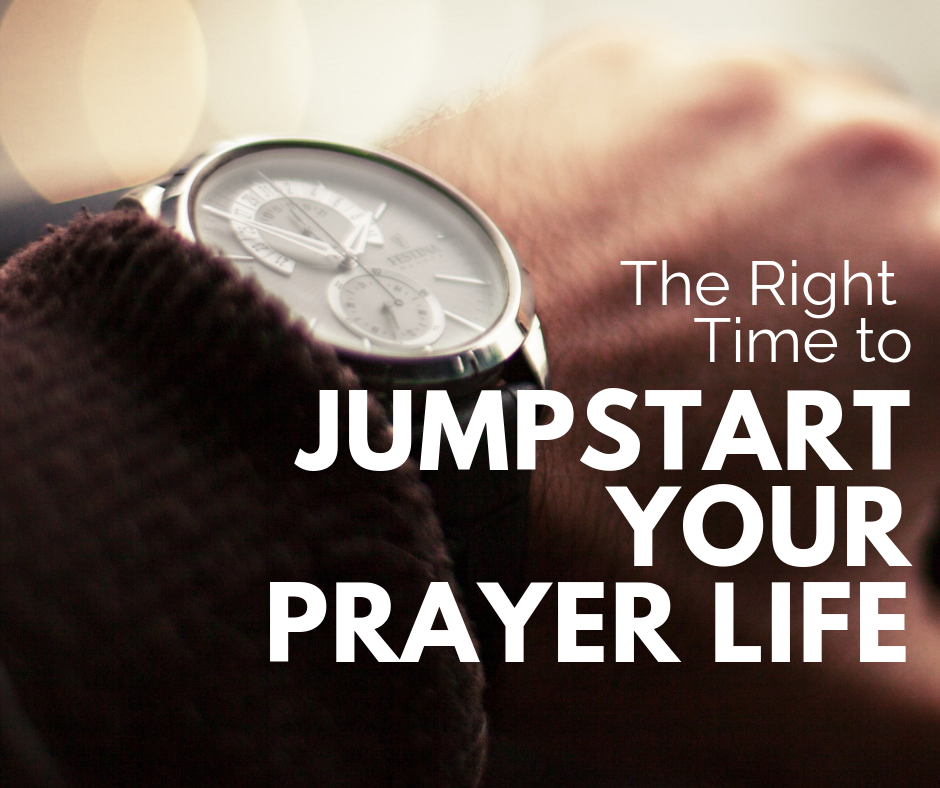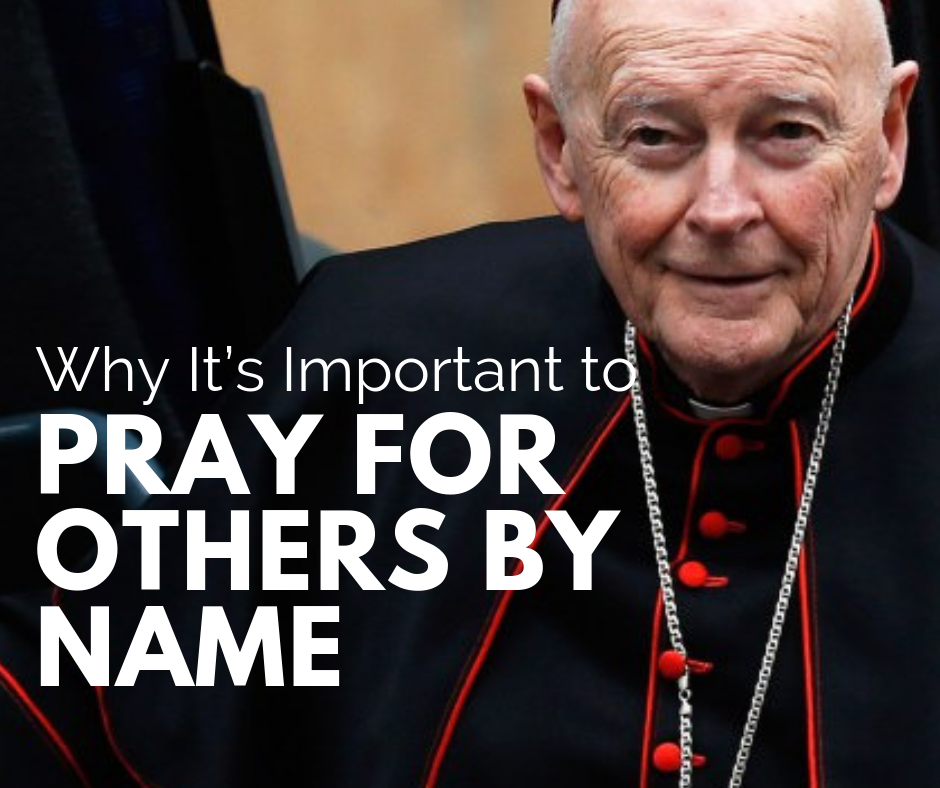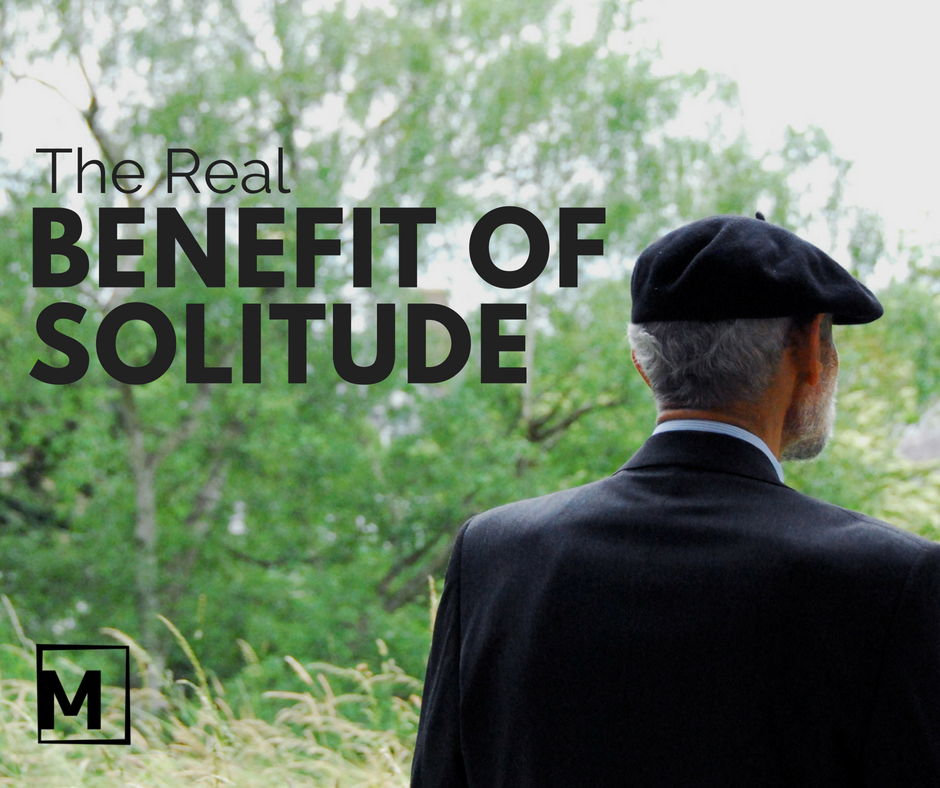Prayer is a lot like working out- the more you do it, the better you feel. Besides the emotional, confidence-building aspect of regular prayer, it also contributes to your intimacy with Christ.
On the flip side, the less often you pray, the less confidence you have and, on your side at least, the farther you could be from God. I say “on your side” because God never leaves us. His love is constantly poured out on us, whether we have an active prayer life or not.
Romans 8:37-39 says, “No, in all these things we are more than conquerors through him who loved us. For I am sure that neither death nor life, nor angels nor rulers, nor things present nor things to come, nor powers, nor height nor depth, nor anything else in all creation, will be able to separate us from the love of God in Christ Jesus our Lord.”
St. Paul is clear- God’s love is constant. It’s God’s very nature to love people.
As a father, I can relate at least one some level. When I look at my four children, I want for their good. I want them to succeed. I want them to have good friendships. I want them to know the Lord.
Any honest question for those who want to pray more often but are hesitant to do so is this, “when is the right time to jumpstart my prayer?”
Two thoughts in response to this:
The fact that someone is asking the question implies some desire to know God more fully. This is excellent. To use a simile, it’s similar to inquiring about when someone ought to eat more healthily.
The “right time” doesn’t exist unless you consider every moment of every day to be “right”. Since God is pouring out His love on us each and every moment, now is the right time. Five minutes from now is the right time. Two years from now is the right time.
This is both good news and overwhelming. Since every moment is charged with opportunity for intimacy with God, it’s hard to know when to start.
My advice is not so much about timing but about paying attention to the moments in front of you. Notice your own spontaneous desires to pray. Then, do it.
Here are some examples that may help:
- You notice a car accident on the side of the road. Emergency vehicles tend to a person behind the wheel. Say a prayer for that person.
- You drive by a church and are ever-so-briefly reminded that God is worshiped there. Say a prayer to thank God for spaces in which people can pray.
- You think of your elderly parents when you are in the middle of your day and aren’t sure why. Say a prayer for them, asking God’s provision for their health.
It’s simple: pay attention to the spontaneous moments in your life. As a response, pray. Trust that God puts people in your way and thoughts into your head. His inspiration, His “nudgings” are wonderful opportunities to grow in intimacy with Him.
This spontaneous-pray nowness is not a replacement for a daily quiet time. That is the backbone of a momentum-building life of prayer. Still, the spontaneous moments help us to answer the question- “when is the right time to jump start my prayer life?”
Right now. Pay attention to God’s work in your day.






